Negro Spirituals
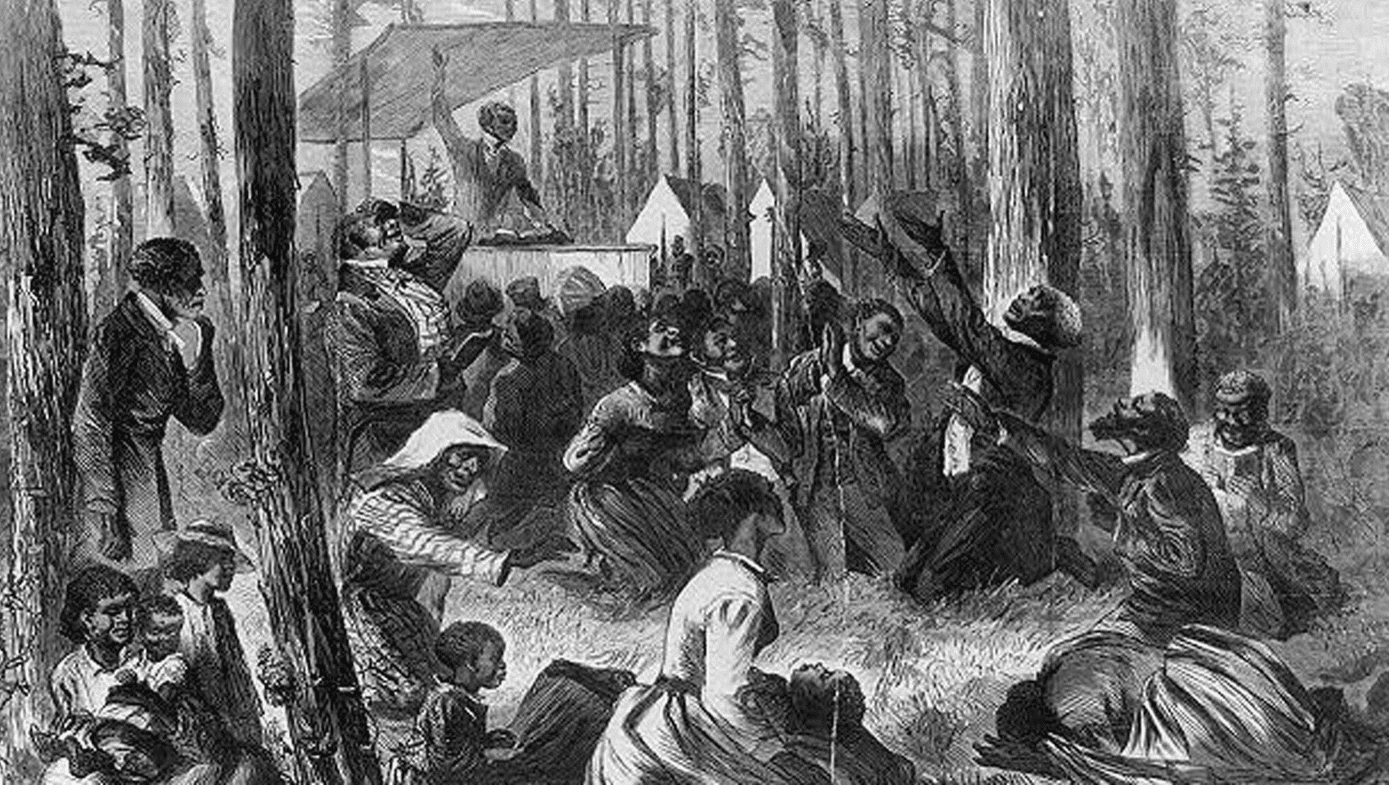
The African American spiritual (also called the Negro Spiritual) is one of the largest and most significant forms of American folksong. Negro Spirituals are various religious songs associated with African-American Christianity within the Southern States of America, a combination of European Hymns and African musical elements by enslaved African Americans.
Negro Spirituals’ correlation to religion in America stems from the transformative take and perspective of enslaved African-Americans after adopting Christianity from their Slaveholders. Enslaved Africans used these songs to express and cope with the oppressive state they were placed in. Negro spirituals were usually sung in unison, often in call-and-response pattern, making use of stories from the Bible and the hymns of Isaac Watts. Many had secret coded language that allowed the slaves to express their longing for freedom and contempt for their masters and the institutions that enslaved them.
This genre of music has its roots in the informal gatherings of African slaves in “praise houses” and outdoor meetings called “brush arbor meetings,” “bush meetings,” or “camp meetings” in the eighteenth century. At the meetings, participants would sing, chant, dance and sometimes enter ecstatic trances.
The original composers of many more Negro Spirituals are unknown, as spirituals were created extemporaneously and were passed orally from person to person, however arragements of negro spirituals have been created over the course of many years.
Notable Arrangers and Their Works
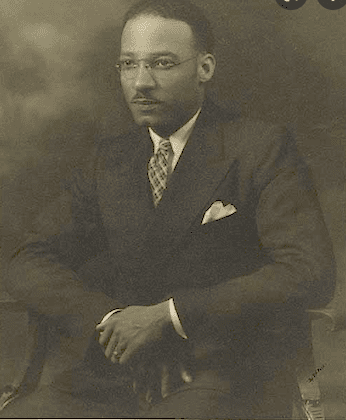
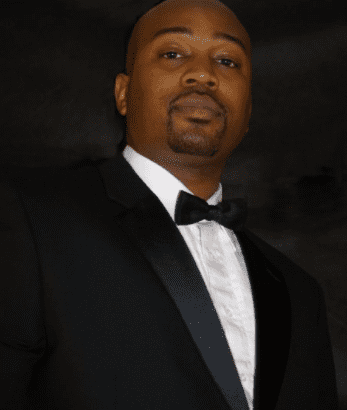
African American composer and choir director William Dawson is noted for his arrangement of ‘Ezekiel Saw de Wheel’ which tells the story of the Old Testament prophet Ezekiel’s divine vision. This was one of Dawson’s final arrangements of his career, following a handful of original compositions.
‘I Know I’ve Been Changed’ This is another example of an arrangement made up of many different choral configurations of the main theme. With soloists, separate sections for men and women and call-and-response reverberating throughout the main choir, there is a constant change in texture throughout. Arranged by african american musician Damon Dandridge, works with choirs in historically black college universities in the US.
Other Notable Arrangers
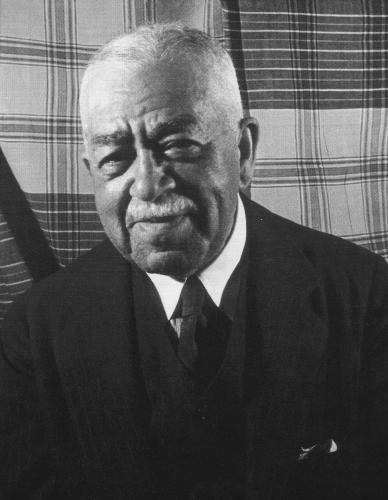
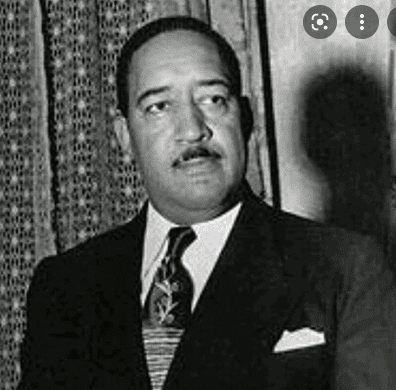
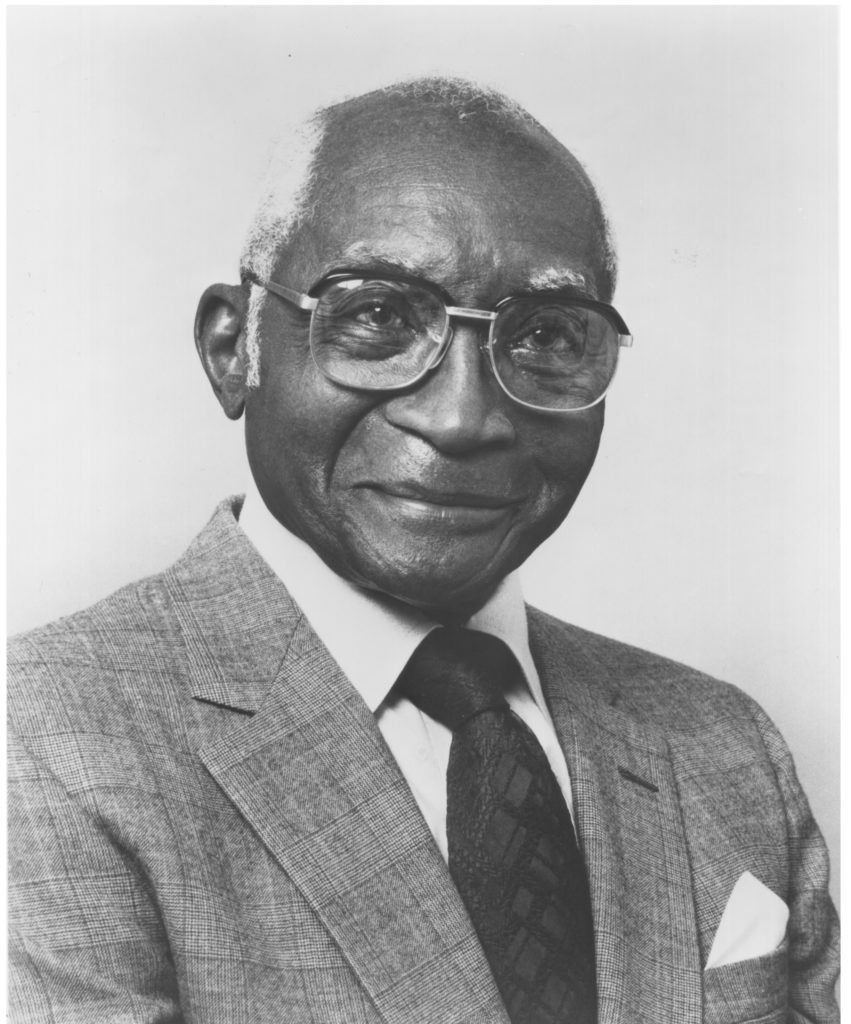
Henry Thacker Burleigh (1866-1949)
Born in Erie, Pennsylvania, to freeborn parents. His grandfather, a former slave, taught him spirituals and slave songs. Burleigh’s first publication of spirituals was in 1911, and his 1916 Jubilee Songs of the United States became standard repertoire for the great singers and choirs of his day. Burleigh composed and arranged more than 265 solo and choral works.
John Wesley Work, III (1901-1967)
Born in Tullahoma, Tennessee, and in 1946, he became director of the Jubilee Singers. His published compositions include a “cantata, symphony, string suite, and others, as well as the many solo and choral works and arrangements of spirituals.”
Jester Hairston (1902-2000)
Born the grandson of slaves in Belew’s Creek, North Carolina. He graduated from Tufts University, studying music, and he attended Julliard. Hairston became one of the most sought after choral directors in Hollywood, and he composed or arranged more than 300 gospel songs and spirituals for films such as Green Pastures.
Popular Negro Spirituals
Although there is a lot is known about negro spirtuals and their history there is still a lot that is unknown, including the original authors of most negro spirituals. Some famous spirituals include:
Let My People Go –
Discusses the ideologies centered around freedom and various themes that correlate with freedom. Though the song makes prominent the metaphorical freedom of Moses, it also carries a double meaning regarding the freedom of enslaved African-Americans.
Wade in the Water –
Grew its popularity during a time where the Underground Railroad was established. It was used as a message to enslaved African-Americans who were on the run to submerge their bodies into some water source to destroy their scent from the search dogs.
Slavery Swing Low Sweet Chariot –
Had multiple themes and hidden messages that advocated the abolition of slavery. The lyrics within the song are subsequently asking for help from abolitionists and the Northern States to “swing low,” meaning visit the Southern States and come free the enslaved African-Americans.
Bibliography
“African American Spirituals.” The Library of Congress, www.loc.gov/item/ihas.200197495/.
Ansdiscog. “The Negro Spiritual.” THE SPIRITUALS DATABASE, 12 Feb. 2019, spirituals-database.com/the-negro-spiritual/.
Composers Official Site of Negro Spirituals, Antique Gospel Music, www.negrospirituals.com/composers.htm.
“Four Great Arrangers of Spirituals.” Discipleship Ministries, 20 Apr. 2007, www.umcdiscipleship.org/resources/four-great-arrangers-of-spirituals.
Parr, Freya. “Six of the Best Choral Arrangements of Spirituals.” Classical Music, 21 Jan. 2021, www.classical-music.com/features/works/six-best-choral-arrangements-spirituals/.

